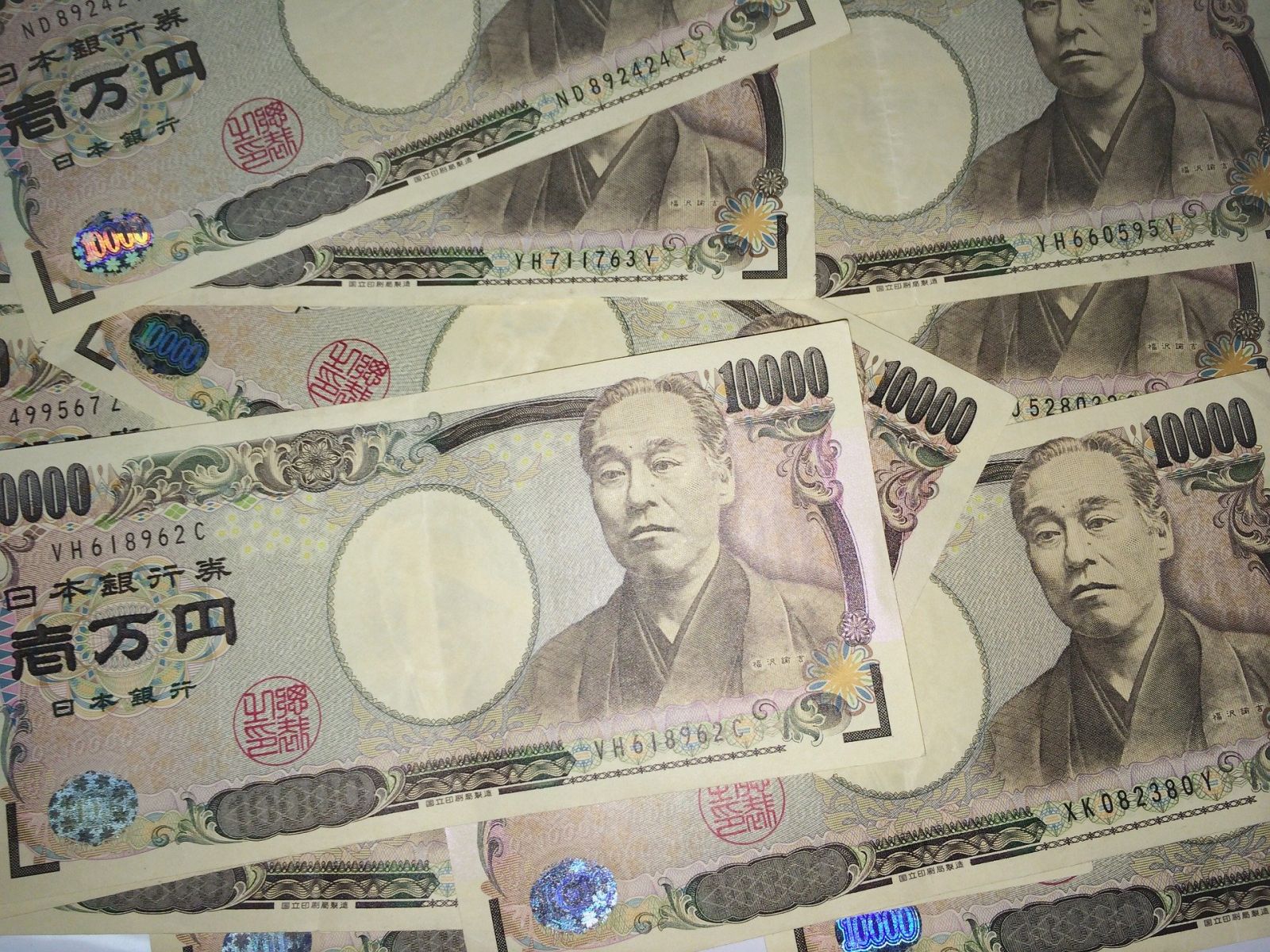
On Wednesday, stock indices recorded their worst day in more than 18 months, after lackluster earnings results from index heavyweights Tesla (TSLA) and Alphabet (GOOGL) deepened a technology sector sell-off.
The S&P 500 Index ($SPX) fell 2.3%, its worst day since December 2022, while the tech-heavy Nasdaq Composite ($NASX) gave up 3.6% to record its worst day since October 2022. The losses in both were driven by the same Big Tech stocks — and artificial intelligence (AI) stocks, in particular — that have driven the bulk of the stock market's gains this year.
While many market observers say the selloff was just an overdue correction, others pointed to another culprit - the Japanese yen.
Based on my conversations with people I know in the hedge fund industry, this is a real possibility. Let me explain why…
Yen No Longer a One-Way Trade
For the last three years, the Japanese yen was the easiest trade to make because it only went in one direction - down versus the U.S. dollar. That was due to the fact that interest rates were kept below zero for years.
Tracking carry trades is not an easy task, but some indicators suggest that there is plenty of capital deployed on the assumption that the yen will remain weak. For example, as reported by Man Group, Uridashi issuance – bonds issued in a foreign currency for Japanese investors – is on course for its largest volume in the Australian dollar for at least 15 years. Add that to reported net speculative yen positions, and you are close to the largest-ever short.
Bottom line: many hedge funds piled into the short yen trade. They would then use the proceeds of the short sale to fund leveraged bets on the long side - such as large U.S. technology stocks.
But that “one-way street” changed recently, and all of a sudden. On Wednesday, we saw a rapid move higher for the yen, which barreled through key levels against the U.S. dollar.
The currency rose more than 1% against the greenback, after breaking through the key psychological threshold of 155 per dollar. It also blew past the dollar/yen 100-day moving average for the first time since mid-March.
That brought the advance to almost 5% since the yen slumped to a near four-decade low on July 3. Part of the reason for this move are expectations that the Fed will be cutting interest rates soon, while the Bank of Japan will likely raise rates again, potentially as soon as next week.
Yen Up, Tech Down
So while the yen jumped 5%, the tech-heavy Nasdaq Composite dropped by 7% over the same time period as the dollar’s decline against the yen.
Are these two things a mere coincidence? It doesn’t smell like it to me.
Both the bet against the yen and going long tech stocks have been very popular among hedge funds. And for hedge fund managers, when one part of the trade turns sour, the pressure builds to bail out of the other side as well. And then, if one big hedge fund closes out their short yen/long tech trade, it can quickly snowball and become an avalanche.
The reality is that one-way bets in financial markets become sources of real pain - eventually.
So, with a large amount of capital deployed on the basis of the Japanese yen staying weak “forever,” the question is - what happens if the rug gets pulled out, as the spread between U.S. Treasuries and JGBs (Japanese government bonds) continues to contract?
The dramatic rotation in the U.S. stock market earlier in July may give us a clue. The withdrawal of easy money rapidly turns momentum on its head. In other words, prior winners become losers, and previous losers become winners. We saw that as mega-cap tech stocks fell, while small-cap stocks rose. The Russell 2000 Index (RUT) is up over 11% in just the past month.
How to Invest Now
So, what to do now?
First, I would never short any of the U.S. tech giants. On the other hand, the Japanese yen does look interesting. In fact, some models (such as TD Bank) say that the yen is undervalued by 50% to 70%!
I’m not sure about that, but especially if Trump is elected President, Japan will be anxious to avoid punitive tariffs and will push the value of its currency up from current depressed levels.
One good way to play a strengthening yen is through an exchange-traded fund (ETF). One good ETF is the Invesco CurrencyShares Japanese Yen Trust (FXY). Despite the recent gain in the yen, the fund is still down over 8% year-to-date, and more than 9% over the past year. So, it's still trading at a good entry point.
Buy FXY in the low $60s.








